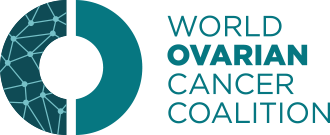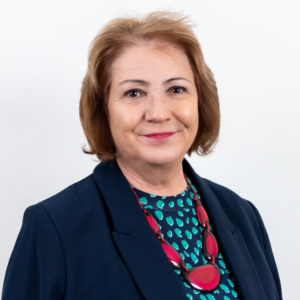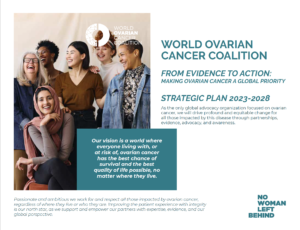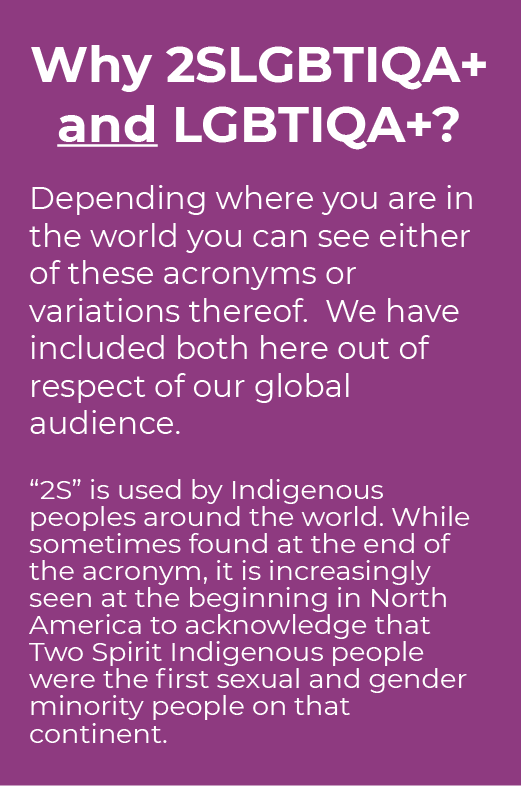Toronto, Canada – 30 May 2024 – Today, the World Ovarian Cancer Coalition is proud to announce the publication of its latest research protocol, “The Every Woman Study™: Ovarian Cancer Patient Experience Study Protocol in Low- and Middle-Income Countries,” in the prestigious journal PLOS ONE. This landmark Study protocol outlines a comprehensive approach to understanding the experiences of women with ovarian cancer in low- and middle-income countries, addressing a critical gap in global cancer research.
Key Findings and Objectives
The Every Woman Study™: Low- and Middle-Income Edition is a multi-country observational study aiming to recruit over 2000 women diagnosed with ovarian cancer across 24 countries in Asia, Africa, and South America. The Study seeks to understand the unique challenges and opportunities to improve survival and quality of life for women in these regions. With a robust methodology, including a meticulously designed questionnaire adapted from high-income countries, this Study will provide unprecedented insights into demographics, knowledge of ovarian cancer, diagnostic routes, treatment access, and the broader impact of the disease on women and their families.
Significance of the Study
Ovarian cancer is notoriously difficult to diagnose and treat, with five-year survival rates below 50% even in high-income countries. The lack of comprehensive data from low- and middle-income countries has historically hindered efforts to improve outcomes for women in these regions. This Study fills that void, offering a foundational evidence base to inform future research, advocacy, and policy interventions tailored to the specific needs of these settings.
Global Collaboration and Future Directions
Developed in partnership with the International Gynecologic Cancer Society (IGCS), this study exemplifies the Coalition’s commitment to global collaboration. It builds on the success of previous initiatives, such as the Every Woman Study™ (2018) and the Global Ovarian Cancer Charter (2020), reinforcing the Coalition’s leadership in driving change for ovarian cancer patients worldwide.
IGCS, a professional membership society that provides education and interdisciplinary mentorship and training programs for gynecologic cancer specialists worldwide, has been instrumental in identifying clinicians in low- and middle-income countries to conduct this research. This project is not only significant because of the data it provides to transform ovarian cancer care, but also the valuable research training and experience it has given to emerging investigators in low- and middle-income countries.
The Study’s findings will be launched later this year with a key session scheduled for the IGCS Annual Global Meeting to be held in Dublin, Ireland in October.
About the World Ovarian Cancer Coalition
The World Ovarian Cancer Coalition is a not-for-profit organization established in 2016. We work globally to ensure that everyone living with, or at risk of, ovarian cancer has the best chance of survival and the best quality of life. More information can be found on www.worldovariancancercoalition.org.
We leverage the momentum of our annual World Ovarian Cancer Day campaign, insights from the 2018 Every Woman Study™, and initiatives like the 2020 Global Ovarian Cancer Charter. In collaboration with IGCS, we are conducting the Every Woman Study™: Low- and Middle-Income Edition across 22 countries and an Ovarian Cancer Cost-of-Illness Study across 11 countries. These studies, set to reveal results in 2024, aim to provide crucial insights and foster targeted interventions to reduce the burden of ovarian cancer.
About the International Gynecologic Cancer Society
Established in 1987 as a not-for-profit, the International Gynecologic Cancer Society (IGCS) unites gynecologic oncologists, radiation oncologists, medical oncologists, pathologists, allied health providers, and other clinicians and researchers who devote their professional lives to gynecologic oncology research and patient care.
The society’s mission is to enhance the care of women with gynecologic cancer worldwide through education and training and public awareness. This is achieved through strategic collaborations with regional and international organizations, promoting research, facilitating the mentorship and training of physicians in low and middle-income settings and contributing to initiatives that support patients, survivors, and advocates in all regions of the world. Learn more about the IGCS at www.igcs.org.
Media Contacts:
World Ovarian Cancer Coalition:
Phaedra Charlton
Director of Communications and Marketing
phaedra@worldovariancancercoalition.org
IGCS:
Debbie Leopold
Communications Specialist
debbie.leopold@igcs.org
###




 As organisations and individuals we’ve faced considerable challenges over the past few years. Yet, as we approach the final days of 2023, I find myself deeply thankful for the resilience and commitment shown by my colleagues worldwide. Despite ongoing difficulties such as the escalating cost of living, global conflicts, and the impacts of climate change, our ovarian cancer community remains resolute in ensuring that everyone at risk of, or diagnosed with, ovarian cancer has the best chance of survival and best quality of life possible, no matter where they live.
As organisations and individuals we’ve faced considerable challenges over the past few years. Yet, as we approach the final days of 2023, I find myself deeply thankful for the resilience and commitment shown by my colleagues worldwide. Despite ongoing difficulties such as the escalating cost of living, global conflicts, and the impacts of climate change, our ovarian cancer community remains resolute in ensuring that everyone at risk of, or diagnosed with, ovarian cancer has the best chance of survival and best quality of life possible, no matter where they live.
 Our own work in this area started with a decision to run a 2SLGBTIQA+/LGBTIQA+ focused awareness campaign during June 2022 under the banner of No Person Left Behind.
Our own work in this area started with a decision to run a 2SLGBTIQA+/LGBTIQA+ focused awareness campaign during June 2022 under the banner of No Person Left Behind.